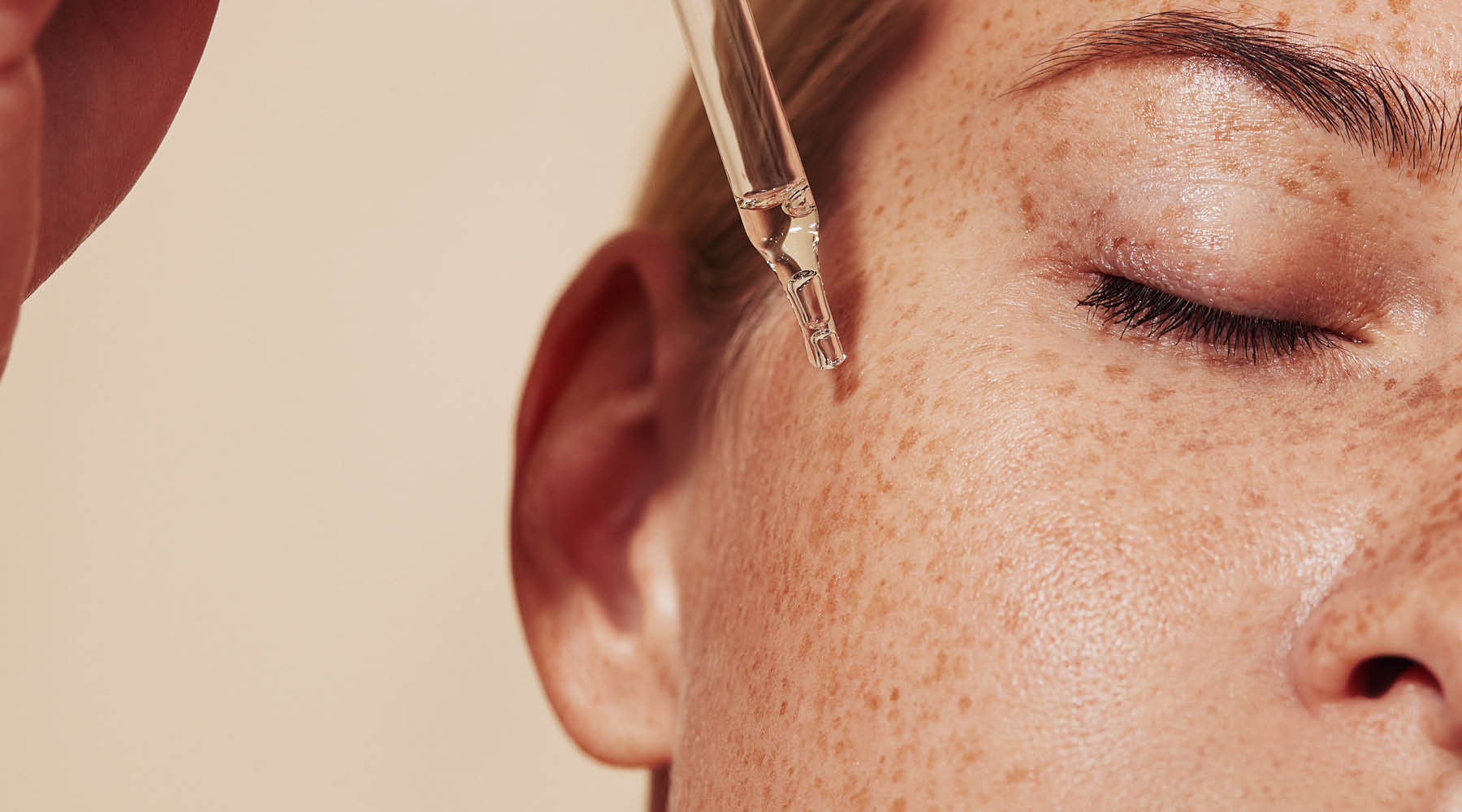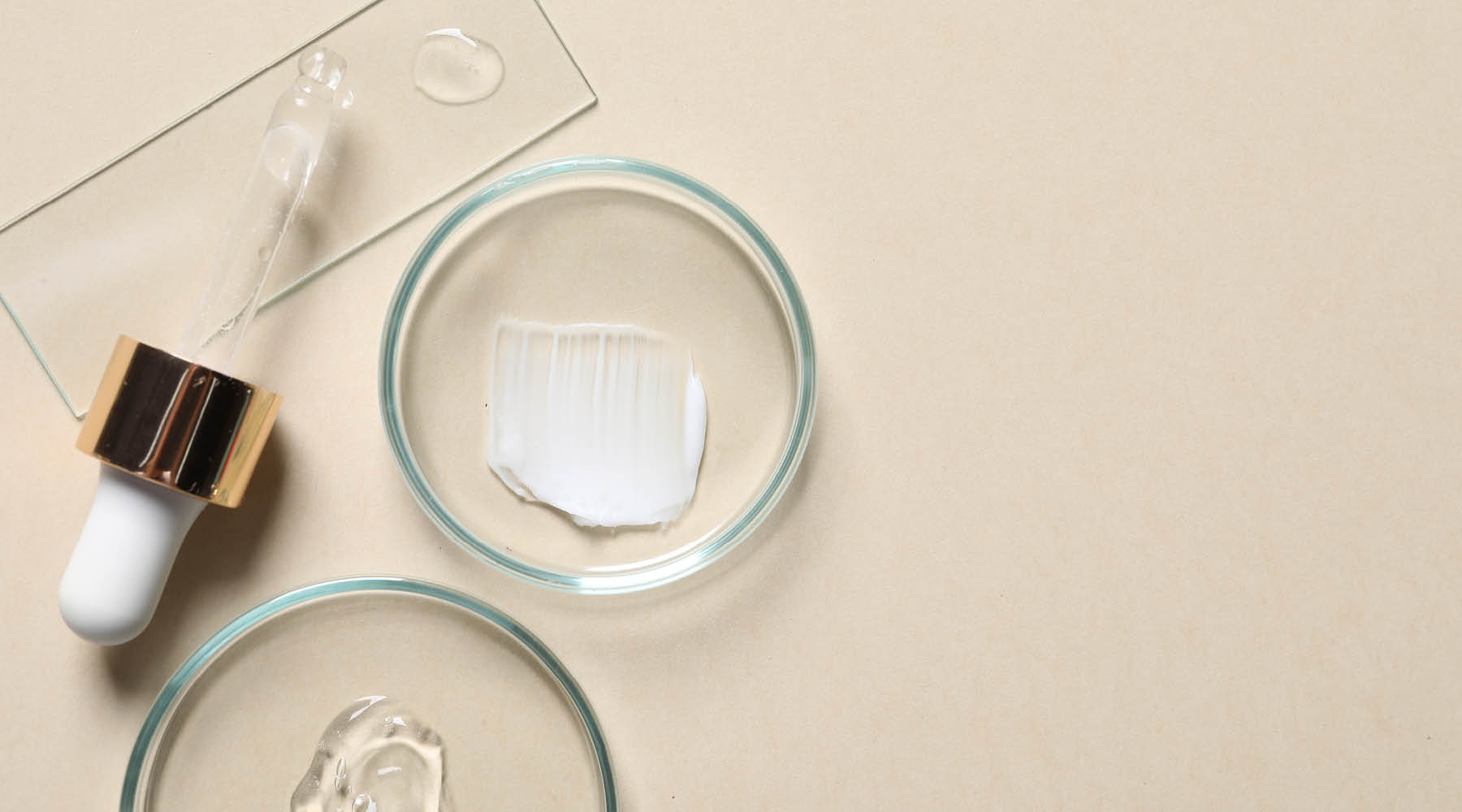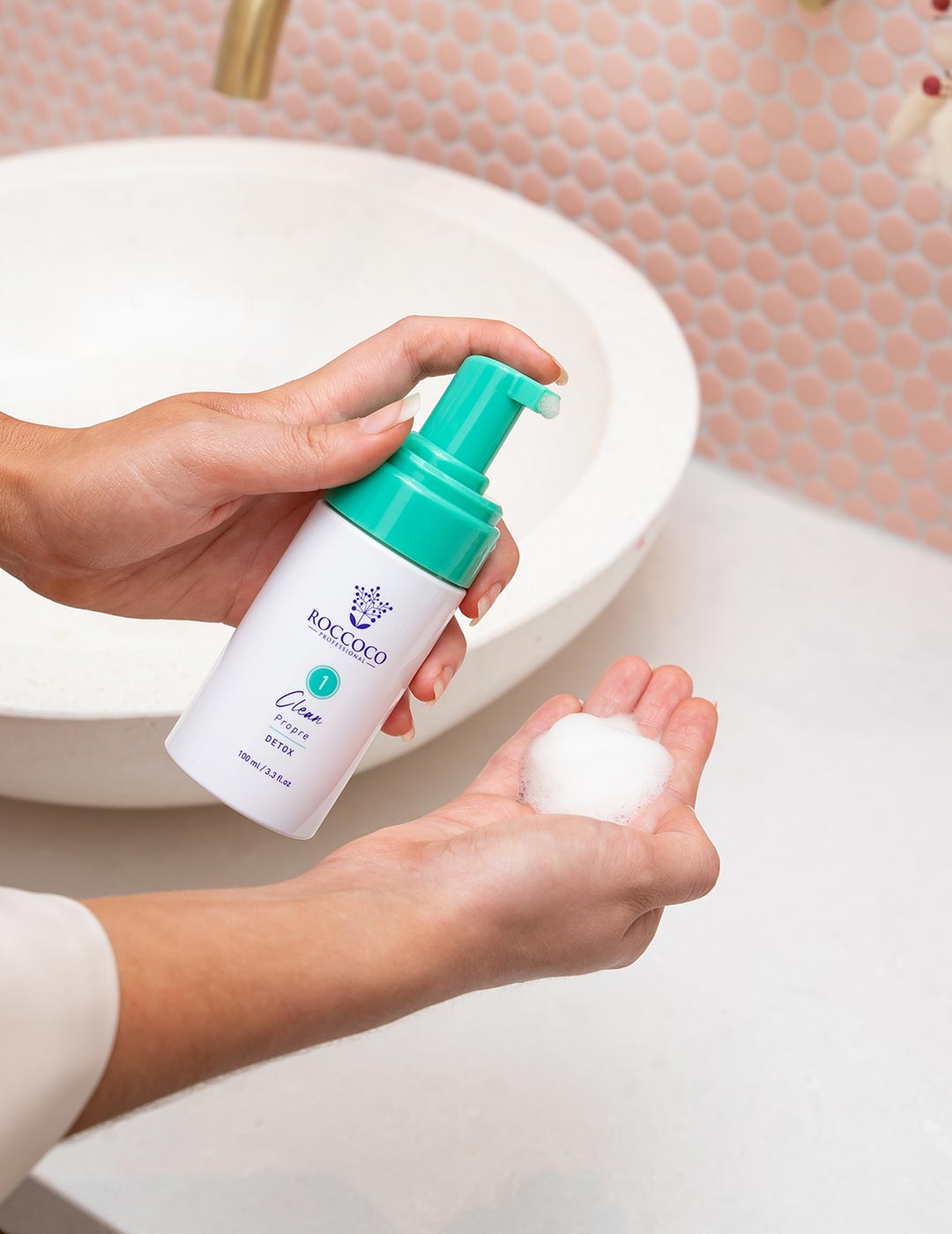Collagen supplements are booming in the beauty and wellness space. They promise everything from firmer skin and fewer wrinkles to stronger nails and reduced joint pain. Whether it's marine collagen, bovine collagen, or peptides blended into a beauty latte, the message is the same: collagen equals youthful skin.
But for many acne-prone skins, collagen can do the opposite. Breakouts. Congestion. Inflammation. These side effects are rarely discussed. And if you’ve experienced them, you’re not imagining it.
Collagen is not always the solution. In some cases, it can be the trigger.
Let’s unpack why collagen is a double-edged sword, especially if your skin is breakout-prone or inflamed.
What Collagen Does in the Body
Collagen is the primary structural protein in the body. It makes up about 75% of the skin’s dry weight, forming a mesh that gives skin its firmness and elasticity. It’s also essential for tendons, ligaments, cartilage, blood vessels, and even the gut lining.
By your mid-20s, collagen production starts to decline. You lose about 1 to 1.5 percent per year, accelerating with stress, sun exposure, poor sleep, or inflammation. The logic behind collagen supplementation is to provide your body with the building blocks, the amino acids needed to help rebuild what’s lost.
The most common sources of collagen in supplements are marine and bovine.
Marine vs Bovine Collagen: What's the Difference?
-
Marine collagen is derived from fish skin and scales. It is rich in Type I collagen, the most abundant type in skin. It has smaller peptide chains, making it easier to absorb.
- Bovine collagen comes from cow hides and connective tissue. It contains both Type I and Type III collagen, which also support skin, tendons, muscles, and the gut lining.
Both forms have research showing improved skin hydration, firmness, and reduction in wrinkle depth over time. However, they also both contain amino acids that can trigger acne in some people, particularly those with imbalanced skin or a compromised barrier.
The Collagen-Acne Connection
If you’ve introduced a collagen supplement and your skin has flared up, there’s a physiological reason for it.
Collagen is rich in branched-chain amino acids (BCAAs), specifically leucine, isoleucine, and valine. These amino acids are essential for muscle protein synthesis but are known to stimulate the mTOR pathway, a major driver of acne.
Here’s what that means:
- mTOR increases oil production in the skin
- It speeds up skin cell turnover, which can clog pores
- It fuels inflammation and breakouts
- It is directly linked to cystic and hormonal acne patterns
BCAAs are especially high in bovine collagen and whey protein, which is why many people who drink protein powders or gym-focused collagen blends suddenly develop breakouts.
Other Acne-Triggering Factors in Collagen Supplements
Even if BCAAs aren’t the sole issue, several other ingredients commonly found in collagen products can irritate the skin:
- Artificial sweeteners and flavourings can disrupt the gut and trigger inflammation
- Whey protein, often combined with collagen, is highly comedogenic for acne-prone skin
- Fillers like maltodextrin or gums can aggravate digestion and show up on the skin
- Poorly sourced marine collagen can contain heavy metals or trigger fish protein reactions
Collagen can support elasticity, but it doesn’t correct inflammation or strengthen your barrier. That’s why it backfires for so many people.
How to Know if Collagen Is Causing Breakouts
Because breakouts can be delayed, it’s not always obvious that collagen is the issue. The best way to find out is to monitor your skin methodically.
Here’s how:
- Take clear before photos from multiple angles before starting the supplement
- Track your skin over a few weeks
- Watch for congestion, cysts, or flare-ups that are new or worsening
- Stop the supplement for two to three weeks
- If your skin improves, that collagen may not be a good match for your skin type
- Try another form of collagen and repeat the process to see if it works for your skin
Breakouts can be subtle at first. Photo comparisons help you catch patterns you may not notice day to day.
A Gentler Option: Verisol®
If you still want collagen support but react to typical bovine or marine peptides, Verisol® may be worth a trial. Verisol is a patented collagen peptide engineered to deliver skin-specific benefits with a much lower BCAA profile.
- Verisol has been shown to:
- Increase elasticity and firmness
- Reduce wrinkle depth in as little as eight weeks
- Improve skin hydration without stimulating excess oil
However, not all Verisol supplements are pure. Some brands blend Verisol with bovine or marine collagen peptides, which increases the total protein and BCAA content again. This defeats the purpose if your goal is avoiding breakouts.
Always check the ingredient list. To get the benefits without triggering acne, look for pure Verisol, not a hybrid formula.
Should You Avoid Collagen Supplements Entirely?
Not necessarily. Collagen has legitimate benefits for skin aging, joint health, and wound healing. But it isn’t for everyone. If your skin flares up shortly after adding collagen, especially if you have hormonal acne or oil-prone skin, it may not be the right tool for your body.
Track your skin, stay objective, and be willing to pivot.
The Roccoco View
At Roccoco Botanicals, we take a whole-system view of skin health. Collagen is one tool, not a cure-all. Before supporting structure, you must first reduce inflammation, restore the skin barrier, and get the skin out of crisis mode.
If your skin is reactive, inflamed, or acne-prone, collagen supplements may need to wait. But that doesn’t mean you can’t support your skin’s collagen production in smarter ways.
Here are three of our favourite acne-safe products that support collagen synthesis topically:
-
Peptide Finisher
A powerful blend of peptides and antioxidants that boosts collagen synthesis, enhances hydration, and firms the skin. Applied as the final step over moisturiser, it locks in nutrients and strengthens skin resilience.
-
Blueberry Age Cream
Packed with wild blueberry oil and acai extract, this antioxidant-rich moisturiser targets glycation and free radical damage. It strengthens the skin matrix, restores hydration, and supports collagen integrity without clogging pores.
-
Vitaskin
This lightweight serum is infused with niacinamide, vitamin C, 24k nano-gold, and royal jelly to stimulate collagen while minimising pore appearance and balancing oil flow. Ideal for early aging, pigmentation, and oily skins needing a glow boost.
These formulas give your skin what it actually needs to make its own collagen safely and efficiently, without overloading it.
If you’re unsure what your skin actually needs, we’ll help you decode the signals. Book a consultation with a certified Roccoco skin therapist and get clarity before you commit to another supplement that may backfire.
Read more

For years, retinol has been hailed as the undisputed king of anti-aging. Dermatologists recommend it, beauty editors rave about it, and countless skincare routines revolve around its potent ability...

Benzoyl peroxide is often the first ingredient people reach for when treating acne. It is promoted as a must-have for breakouts and is included in most conventional acne regimens. But if your skin ...



